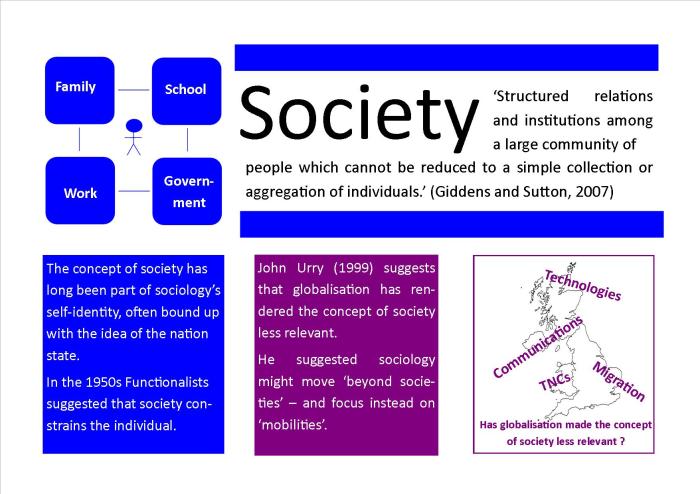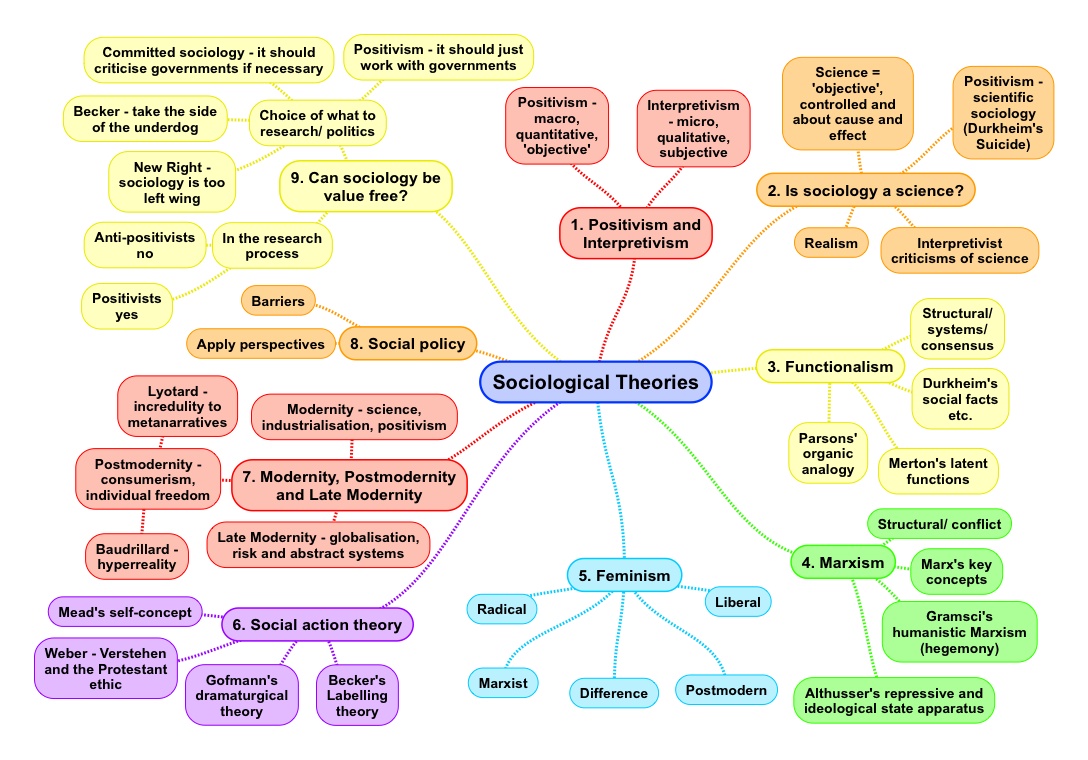Sociologists study information systems with an eye to understanding the social and organizational implications of these systems. They examine how information systems are designed, implemented, and used, and how they affect individuals, groups, and organizations. Sociological research on information systems can help us to understand how these systems can be used to improve our lives and work, and to avoid potential negative consequences.
Sociologists have a unique perspective on information systems because they are trained to understand the social and organizational context in which these systems are used. They can see how information systems are shaped by social and organizational factors, and how they in turn shape social and organizational life.
Sociologists’ Role in Information Systems: Sociologists Study Information Systems With An Eye To Understanding

Sociologists play a crucial role in the study of information systems (IS), bringing a unique perspective that focuses on the social and organizational implications of technology. They examine how IS shape and are shaped by social structures, interactions, and power dynamics.
Sociological research has made significant contributions to our understanding of IS. For example, studies have explored how IS can:
- Empower or disempower individuals and groups
- Transform work practices and organizational structures
- Influence social interactions and communication patterns
Challenges and Opportunities
Sociologists face challenges in studying IS, including the rapid pace of technological change and the need to bridge the gap between technical and social perspectives. However, they also have opportunities to shape the future of IS by:
- Informing the design and implementation of IS to make them more socially responsible and equitable
- Developing new theories and frameworks to understand the complex interplay between IS and society
- Educating future generations of IS professionals about the social implications of their work
Theoretical Frameworks for Sociological Analysis of Information Systems
Sociologists employ various theoretical frameworks to analyze IS, including:
- Social constructivism: Emphasizes the role of social interactions in shaping the meaning and use of IS
- Actor-network theory: Examines the relationships between human and non-human actors in the development and use of IS
- Institutional theory: Explores how social institutions and norms influence the adoption and use of IS
Strengths and Limitations, Sociologists study information systems with an eye to understanding
Each framework offers unique insights but also has limitations. Social constructivism provides a rich understanding of the social context of IS but may overlook the material and technological dimensions. Actor-network theory emphasizes the agency of non-human actors but can be complex and challenging to apply.
Institutional theory explains how social institutions shape IS but may overlook individual agency and resistance.
Methods for Sociological Research on Information Systems

Sociologists use both qualitative and quantitative methods to study IS:
- Qualitative methods: Focus on in-depth understanding of social phenomena, such as interviews, observations, and document analysis
- Quantitative methods: Use statistical techniques to analyze large datasets, such as surveys and experiments
Advantages and Disadvantages
Qualitative methods provide rich insights but may lack generalizability. Quantitative methods offer statistical rigor but may oversimplify social phenomena. Combining both methods can provide a more comprehensive understanding of IS.
Applications of Sociological Research on Information Systems
Sociological research on IS has practical applications, including:
- Informing the design of IS to make them more user-friendly and socially acceptable
- Evaluating the impact of IS on organizations and society
- Developing policies and regulations to govern the use of IS
Examples
For example, sociological research has been used to:
- Design social media platforms that foster positive social interactions
- Evaluate the impact of electronic health records on patient care
- Develop policies to protect user privacy in online environments
Future Directions for Sociological Research on Information Systems

Future directions for sociological research on IS include:
- Exploring the social implications of emerging technologies, such as artificial intelligence and blockchain
- Examining the role of IS in social movements and political activism
- Developing new theoretical frameworks to understand the complex relationship between IS and society
Challenges and Opportunities
Sociologists face challenges in keeping pace with technological change and the need to collaborate with other disciplines. However, they also have opportunities to shape the future of IS by providing critical insights into the social and ethical implications of technology.
FAQs
What are the benefits of sociological research on information systems?
Sociological research on information systems can help us to understand how these systems are designed, implemented, and used, and how they affect individuals, groups, and organizations. This research can help us to avoid potential negative consequences and to use information systems to improve our lives and work.
What are the challenges of sociological research on information systems?
One of the challenges of sociological research on information systems is that these systems are constantly changing. This can make it difficult to keep up with the latest developments and to conduct research that is relevant to the current state of the field.
What are the future directions for sociological research on information systems?
There are many future directions for sociological research on information systems. One important area of research is the study of the social and organizational implications of new technologies, such as artificial intelligence and blockchain. Another important area of research is the study of the impact of information systems on inequality and social justice.